Ensure access to affordable, reliable, sustainable and modern energy for all
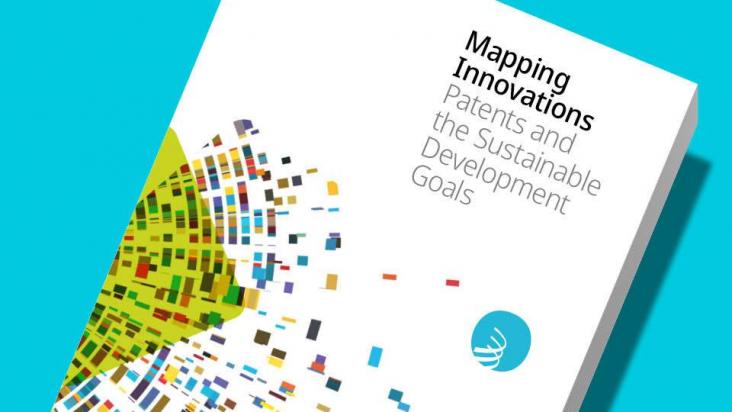
This comprehensive report produced by World Intellectual Property Organization (WIPO) presents an extensive analysis of patents mapped to the United Nations Sustainable Development Goals (SDGs).
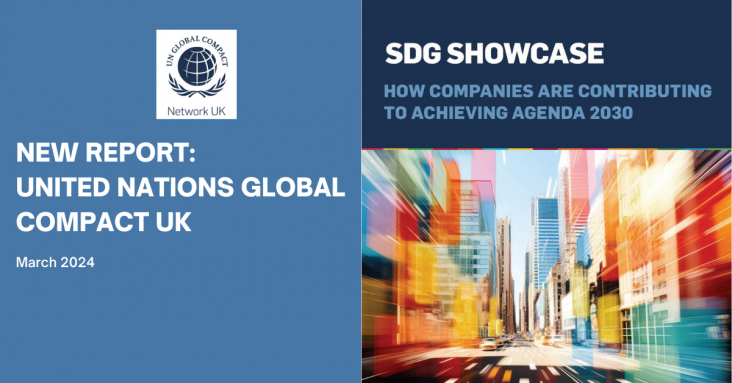
In recent years, increased expectations from investors, regulators, employees, and customers have put significant pressure on companies to increase their sustainability efforts.
The Sustainable Development Goals (SDGs) are not just another sustainability framework, but the only universally agreed blueprint to turn meaningful ambition into transformational change. However, businesses report difficulties in integrating the SDGs into their core strategies and in understanding, reporting, and managing their impact on the Goals.
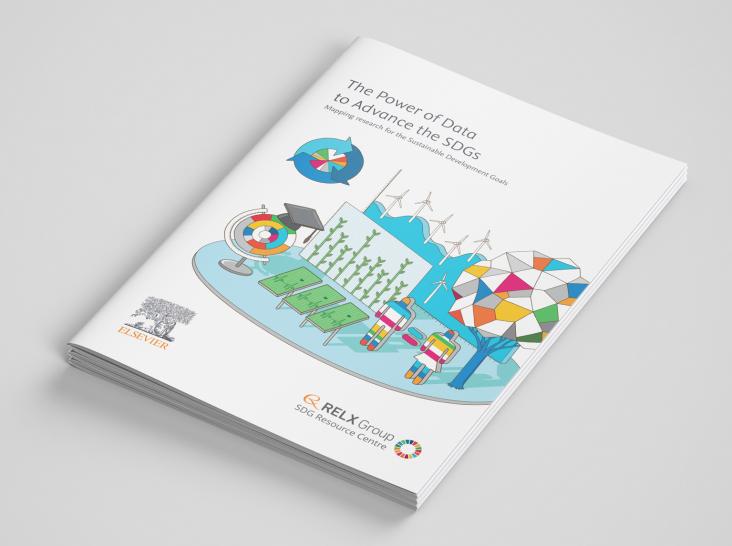
Access to information is critical in achieving the SDGs - empowering the public to make decisions, informing policy making and enabling effective implementation and monitoring. RELX businesses regularly produce and publish free to download reports and analytics that draw upon vast amounts of information and data in support of the SDGs. Explore some of the reports and tools developed to date.

The United Nations Global Compact-Accenture Global Private Sector Stock take report report offers an appraisal of private sector contributions to the SDGs so far and outlines a clear pathway for private sector action over the next seven years.
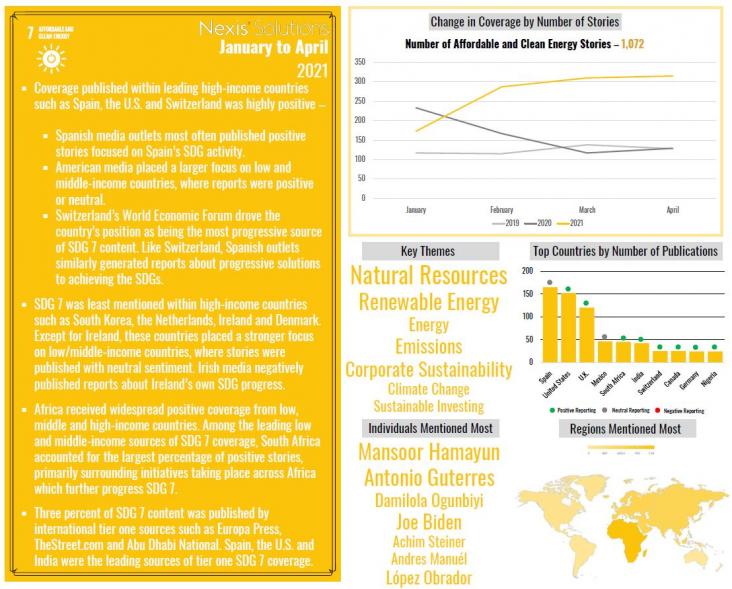
Nexis Newsdesk™ has created graphics on the SDGs and the Global Media Landscape, offering charts & insights into global media coverage of the Sustainable Development Goals. View findings for Global Goal 7.

This white paper examines whether ambitious renewable targets and private sector financing is compatible in Europe over the next decade. It directly relates to SDG 7 - affordable and clean energy, and SDG 13 - climate action.
This white paper examines whether increasing carbon prices are helping to reduce carbon emissions in the European Union. It directly relates to SDG 7 - affordable and clean energy, and SDG 13 - climate action.
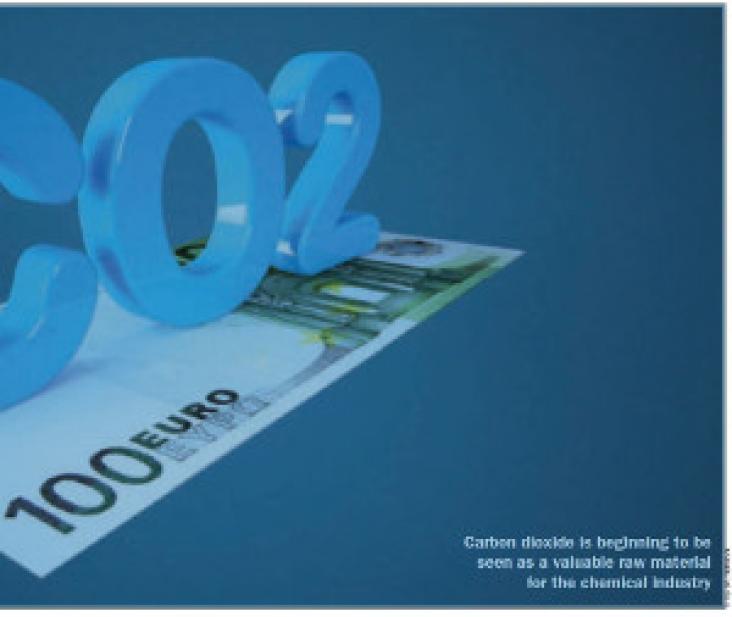
It is a sign of the maturity of the green and biobased chemicals sector that major producers and technology providers are making moves to join the entrepreneurs and start-ups that have been driving the technology forward. This positive trend supports the advancing of SDG 9 Industry, Innovation and Infrastructure, and SDG 7 Affordable and Clean Energy.
The Blueprint for Business Leadership on the SDGs aims to inspire all business — regardless of size, sector or geography — to take leading action in support of the achievement of the Sustainable Development Goals (SDGs). It illustrates how the five leadership qualities of Ambition, Collaboration, Accountability, Consistency, and Intentional can be applied to a business' strategy, business model, products, supply chain, partnerships, and operations to raise the bar and create impact at scale. The Blueprint is a tool for any business that is ready to advance its principled approach to SDG action to become a leader. This chapter relates specifically to SDG 7.

An idea spawned a decade ago finally becomes a reality as Solar Impulse prepares for the first round-the-world flight by a plane producing zero emissions. Collaboration across several partners has been a key component to developing the materials and design of Solar Impulse. Innovations like this are vital to SDG 7.2 to increase substantially the share of renewable energy in the global energy mix.
